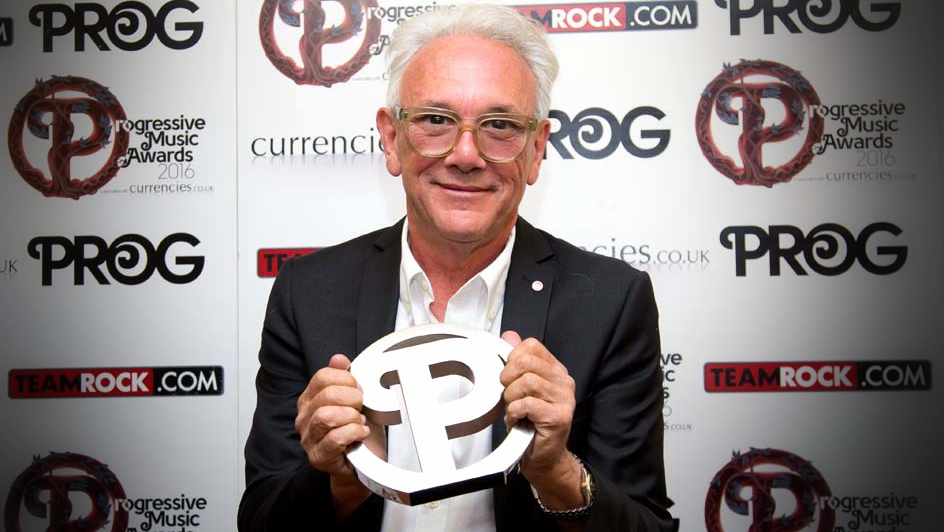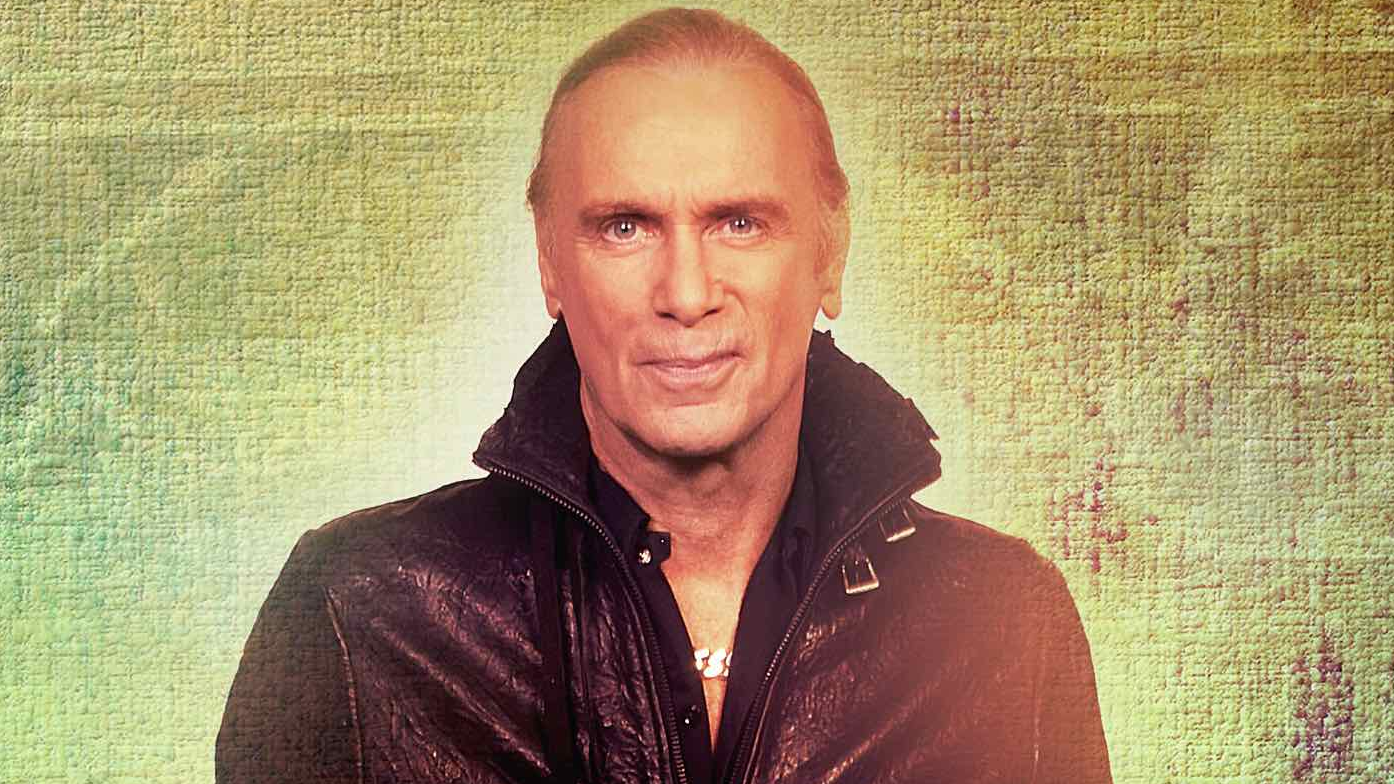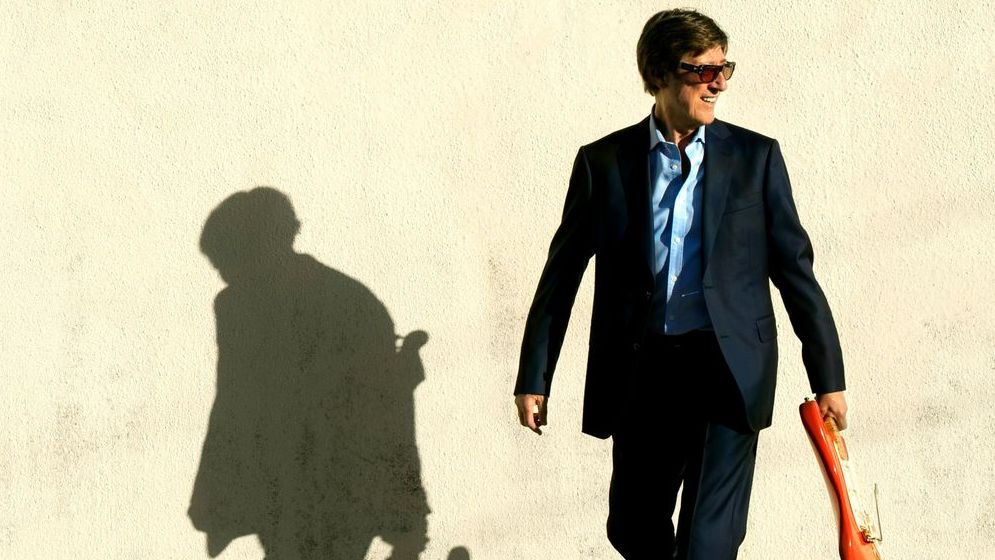Norway 2009
With a score of 387, Norway’s 2009 entry deserves special merit, taking 78.7% of the available 492 points to take victory over their closest runner up, Iceland with 218 points.
Their song Fairytale, written by Alexander Ryback has recently seen a revival in popularity due to its use on TikTok.
Portugal 2017
Portugal’s 2017 entry to the competition was a huge success for the country. The song, Amar Pelos Dios, written by Salvador Sobral scored a whopping 758 points with another incredibly high percentage of the total points available.
Sweden 2015
Exceeding 300 points and taking victory in 2015 Sweden’s entry, Heroes by Mans Zelmerlow actually scored 365, but for the first time in the history of the competition the first to fourth place countries all scored more than 200 points, Russia failing to win the competition despite a score of over 300 points which in previous years would have guaranteed victory for the country. Sweden’s winning song made it to number 11 of the UK’s singles chart, but in Austria, it made it all the way to Number 1.
Denmark 2000
Denmark have won the competition 3 times, the 2000 Eurovision hoisted in Stockholm provided them with their most convincing victory. Fly On The Wings Of Love was a runaway success taking over 70% of the available points with Russia and Latvia taking second and third place. Their score of 365 puts them well above 300 and is a credit to the talent of the people of Denmark.
Bulgaria 2017
With an incredible score of 615, Bulgaria’s 2017 entry shows how larger score lines have become to be expected in the modern Eurovision competition. 2017 was the 62nd Eurovision to be held and Beautiful Mess performed by Kristian Kostov proved to be a points getter but was finally beaten by Portugal’s entry. High points scores in the competition no longer guarantee victory for the country.
Of course, there has to be a mention of the UK – who finished the 2021 completion with zero points and came back fighting in 2022 to be awarded 2nd place and over 400 points – incredible.









